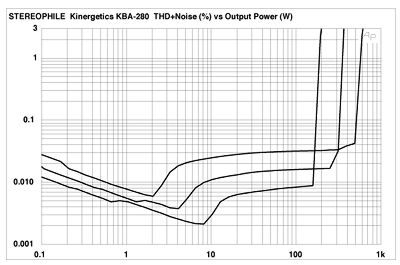Sokel
Master Contributor
- Joined
- Sep 8, 2021
- Messages
- 6,775
- Likes
- 6,983
What's worst is what comes within.Yes I have often compared it to a cargo cult
Its quite bad almost all information in the hobby is incorrect. Pick any magazine or forum and the test are subjective without controlls IE they are not even wrong , it can not be considered information about the DUT .
And all the mythology ( cargo cults ) that resulted from this approach , cable risers etc
I have absolutely no problem paying for a nice casework (if it combines this with helping thermals even better) .
The same for nice,genuine components inside.
And I can cope with the fact that it may have 90db SINAD as far as noise is low.
BUT.
If someone put a scientific curtain above all this (ok,not thermals,that's basic) I will feel bad for him trying to justify what he's not obliged to do.
He can just say "hey!It looks nice!" and that would be ok for me.
As an example take this video (I don't link straight to it,I don't want to offer them free hits) :

Fosi Audio V3 Mono Amplifier Review
they suddenly added the MC101 that no one asked for so i reckon they could add VUs and trim knobs on the next one https://fosiaudio.com/products/fosi-audio-mc101-bluetooth-amplifier Hah, this looks really cool, quite steam punkish
 www.audiosciencereview.com
www.audiosciencereview.com
The person there can't help saying that he's a physicist,engineer,whatever only to dismiss it at the next sentence so to say "I like listening,I don't care how it measures" .
Fine,but why the (unused) credentials before that?
Honesty to ourselves is the best way to go.

